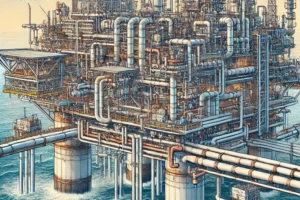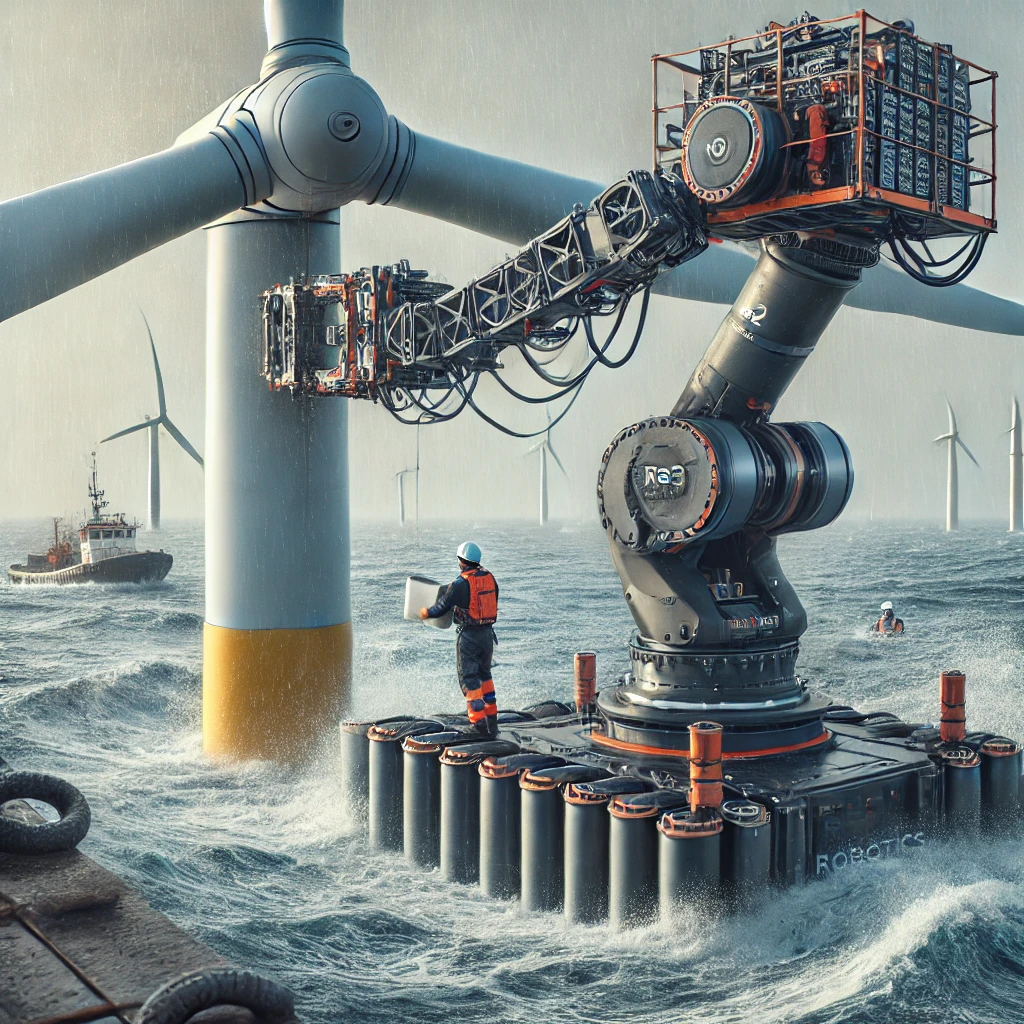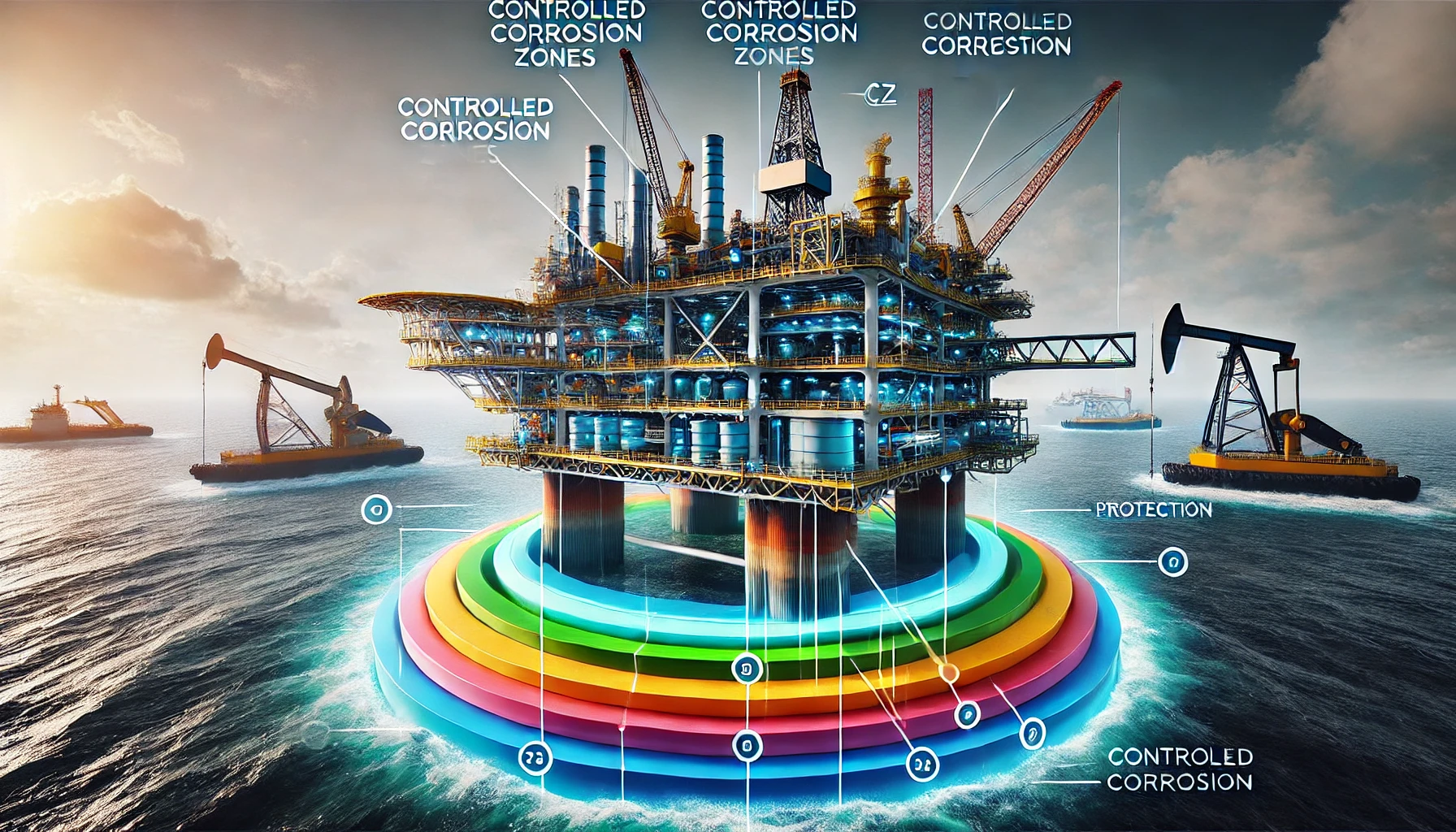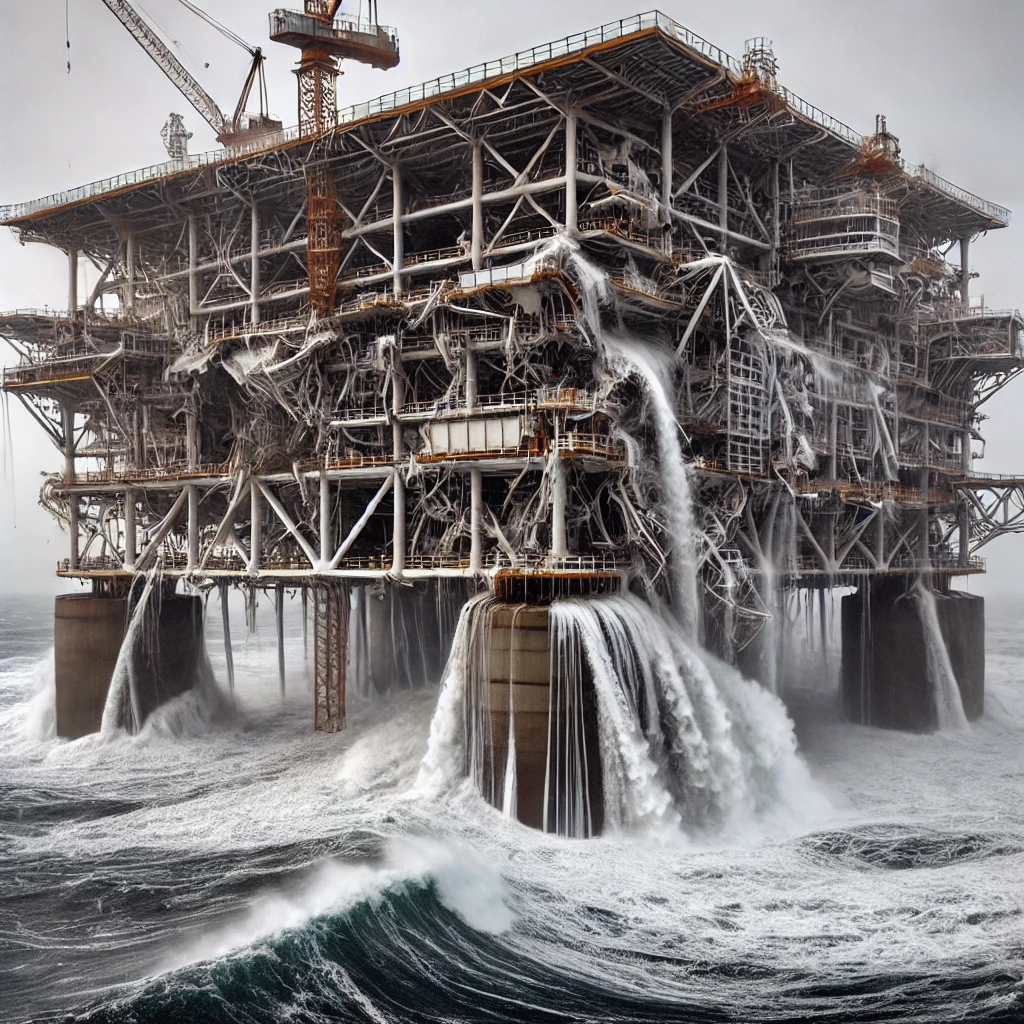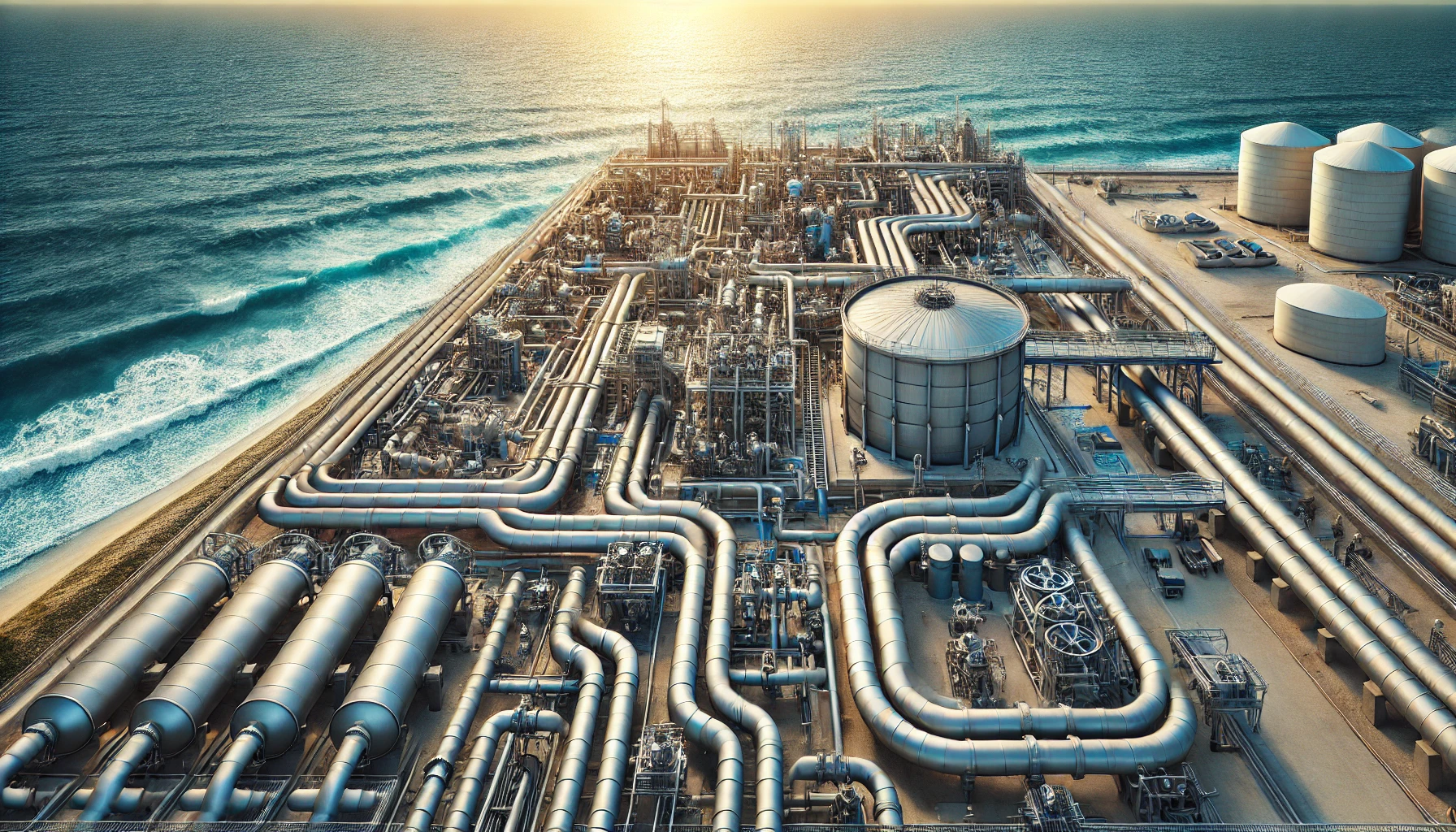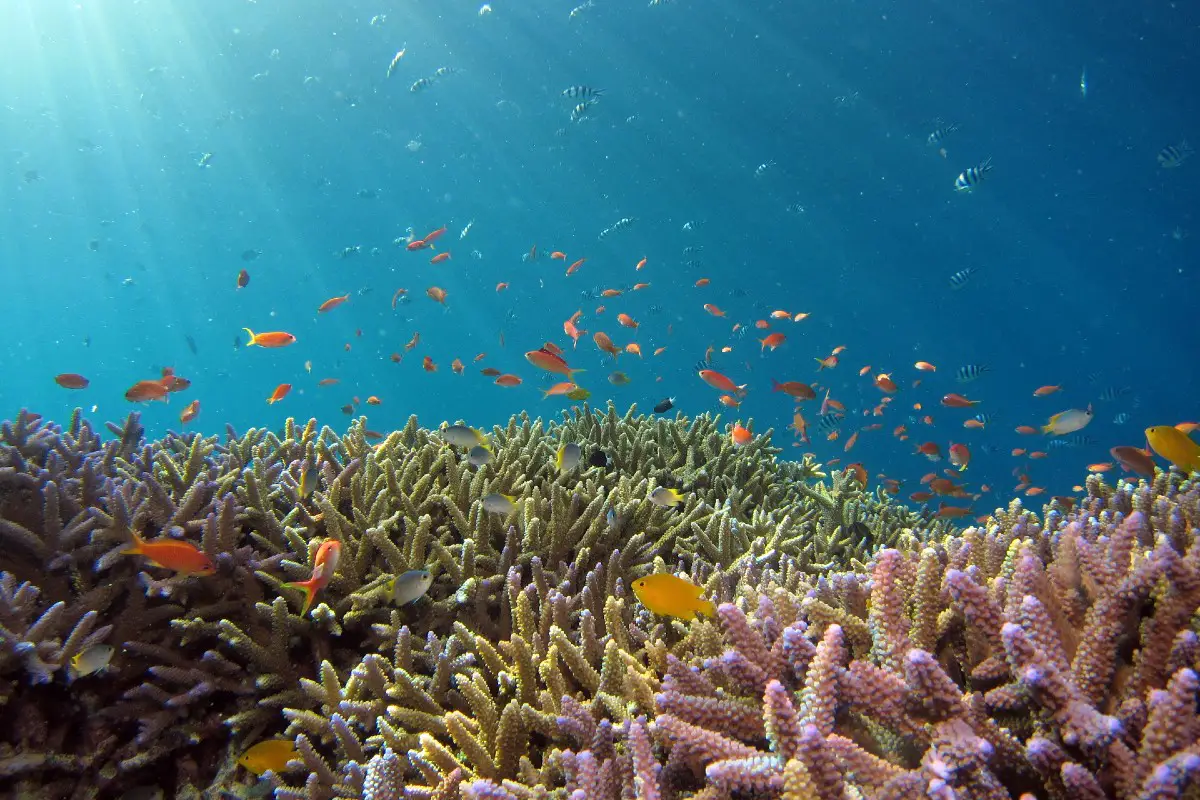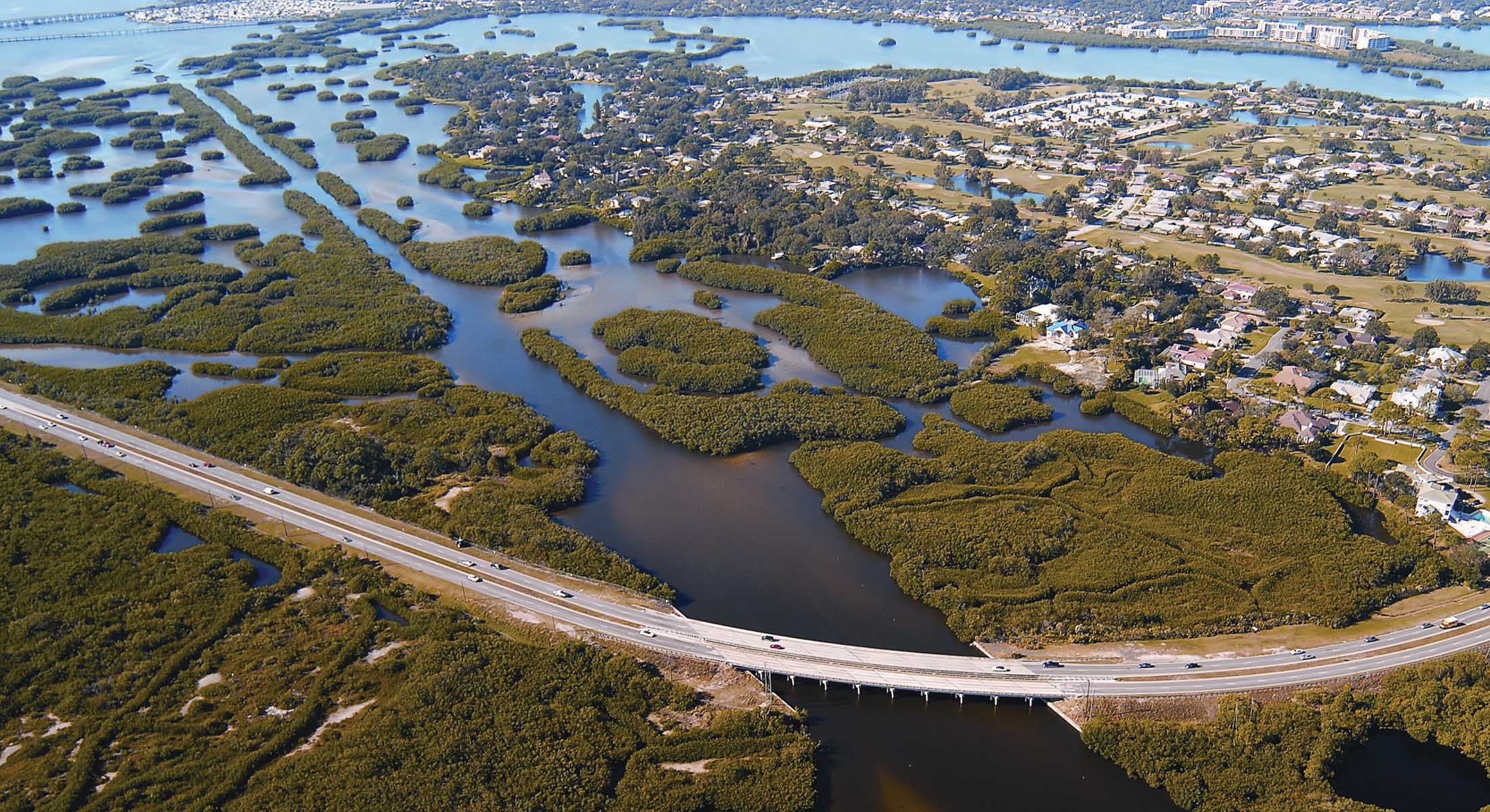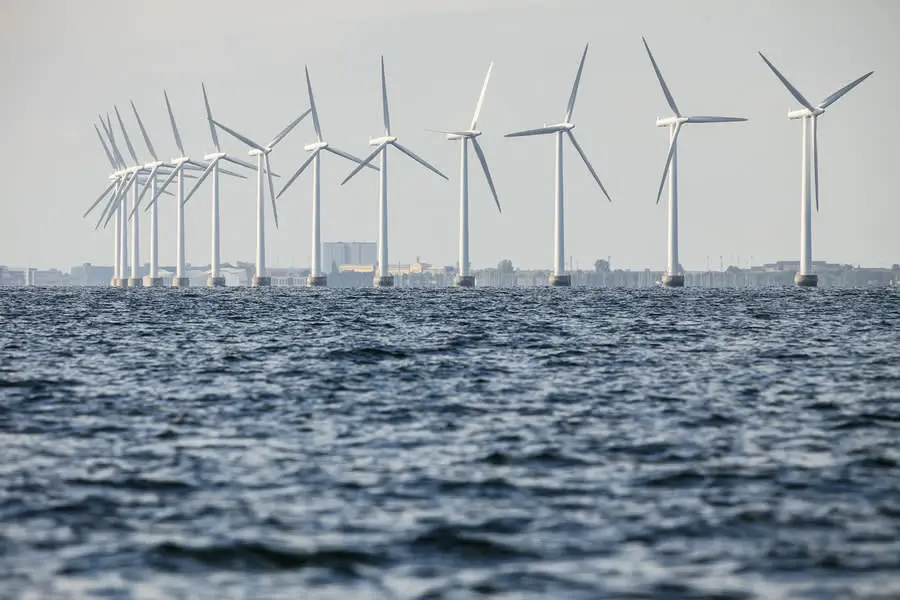
Harmful Impact of Climate Change on Ocean Engineering
Climate change refers to long-term shifts in average weather patterns that have come to define Earth’s local and global climates. These changes are primarily driven by human activities, such as the burning of fossil fuels (e.g., coal, oil, and gas), deforestation, and other land-use changes. The main driver of climate change is the increase in…


